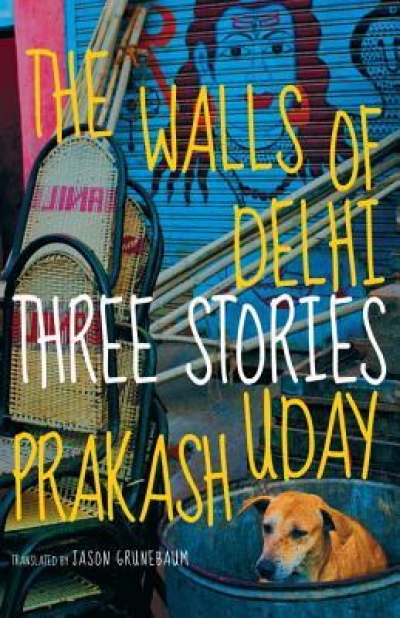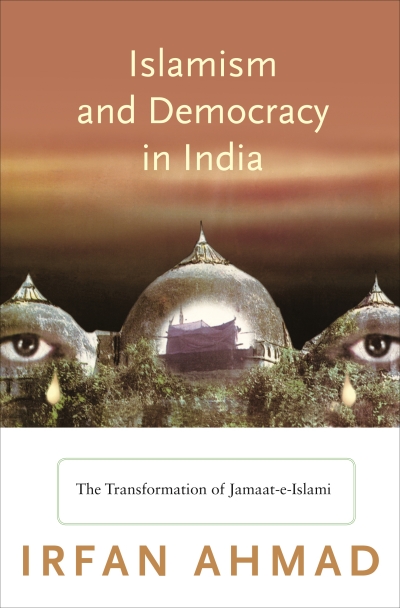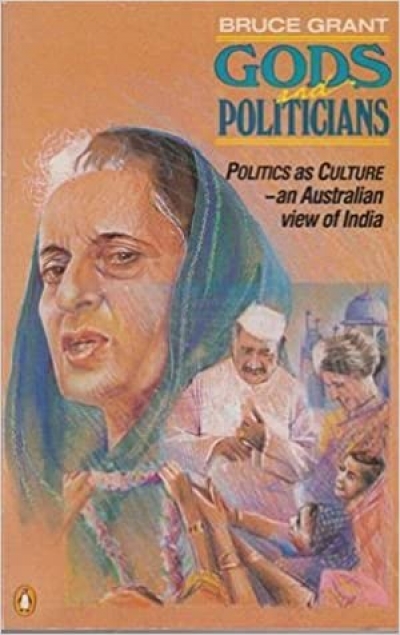India
The Walls of Delhi by Uday Prakash, translated by Jason Grunebaum
'Letter from Jaipur: Free speech and sectarian tensions at the Jaipur Festival' by Claudia Hyles
by Claudia Hyles •
This year’s Jaipur Literature Festival (20–24 January) more than lived up to the Indian Ministry of Tourism’s slogan – ‘Incredible India’.
... (read more)Islamism and Democracy in India: The transformation of Jamaat-e-Islami by Irfan Ahmad
by Greg Barton •



